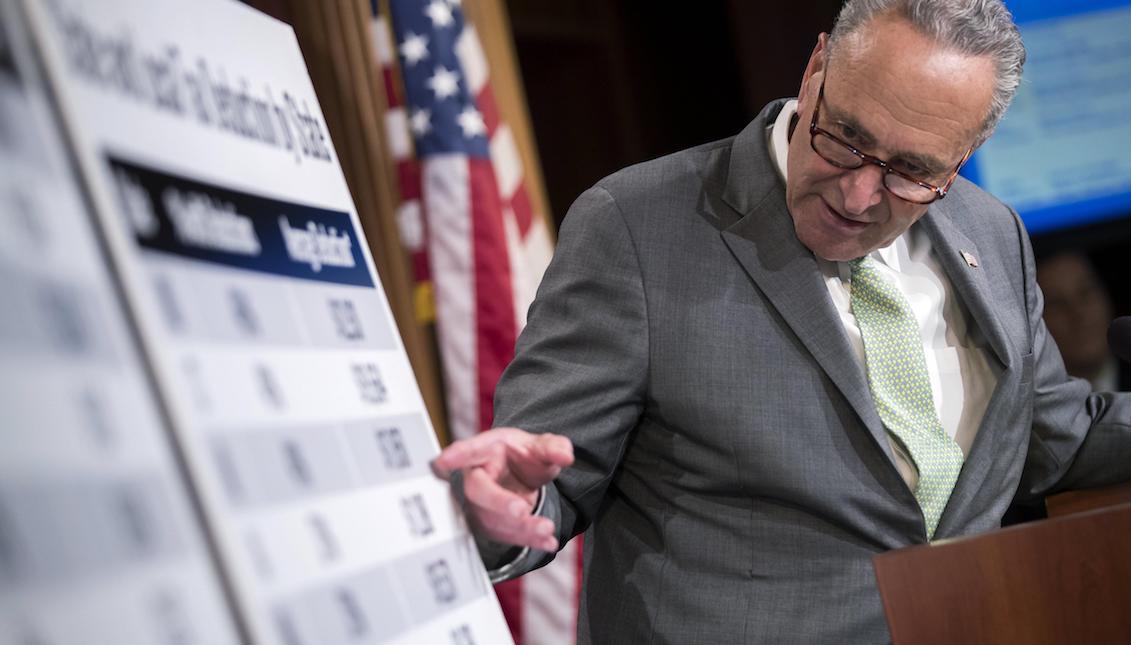
A discrete tax reform
Between the disaster left by hurricanes Irma and Maria, and Las Vegas’ shooting, the Republican-led tax reform seems to have been passed under the table.
Congressional Republicans on Thursday stalled the review of the US tax code, despite warnings from Federal Reserve officials that President Trump's tax plan could lead to high inflation rates and a "untenable" federal debt.
The voting process in the Republican-controlled House of Representatives passed the fiscal spending plan for 2018 with 219 votes in favor and 206 against, putting in place a legislative tool that could allow Republicans to pass the tax bill with a simple majority vote in the Senate, Reuters reported.
Both the president and Congressional Republicans hope to approve a package of tax cuts for corporations, small businesses and individuals by January, arguing that the cuts "will boost US economic growth, jobs and profits."
Philly.com has summarized the three fundamental points of the reform, starting with the assertion that "the tax code is better than the status quo": "When economists speak of 'good' or 'bad' tax codes, refer to whether it is more or less efficient. Efficiency is the key word in the economy, and the more efficient a tax code is for a country, the better. "
This implies that the tax code is "simple, transparent and fair". While the project is clearly simpler and more transparent - facilitating an international business system - its "fair" status has been left out of the details.
Over the next few weeks, negotiations in Congress will have to show how much the new plan will affect private taxes.
A second point is, according to the portal, that the proposed tax would help the economy grow much faster than it would under the current tax code. "The proposal would make the United States more competitive from an international business standpoint and encourage investment over the next five years."
RELATED CONTENT
But not everything that shines is gold. A third aspect will be the cost that this reform will contract. According to the Senate Budget Resolution, this reform will cost the country about 1.5 trillion dollars over the next 10 years.
For this fiscal reform to "pay for itself", it will need GDP growth of more than 0.5 percentage points, something that is almost impossible in the current economic model.
For the Democrats this reform would go against the statutes of the budget of the Chamber, because a deficit of 1.5 trillion dollars is simply indisputable.
Thus, they say the Republican plan is aimed exclusively at "making the rich richer," while cutting the budget to social programs, including Medicare and Medicaid.
“Where is all that money coming from?” Representative John Yarmuth, the top Democrat on the House Budget Committee, asked on the House floor. “If you’re listening to this and you’re not a millionaire, probably from you.”











LEAVE A COMMENT: